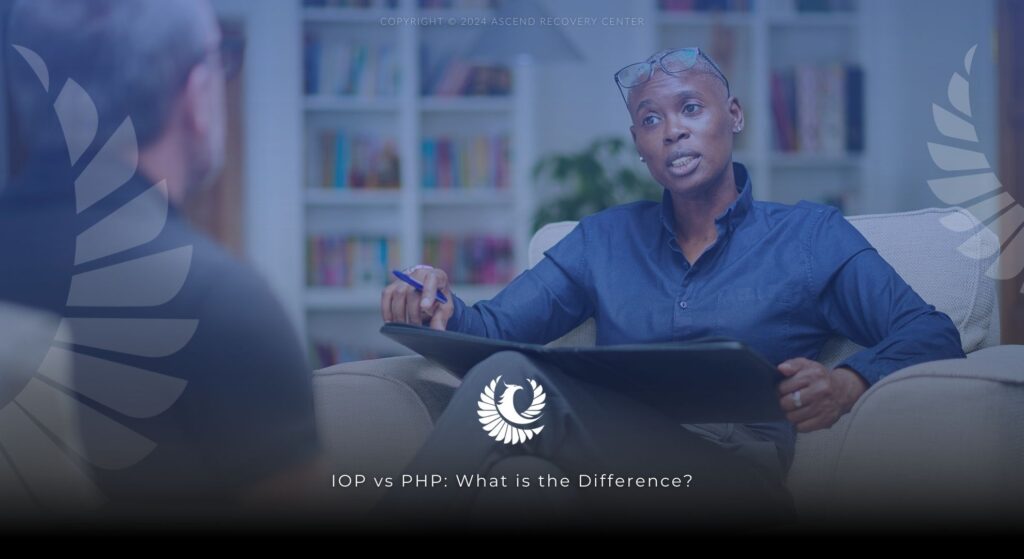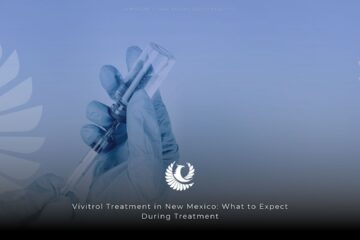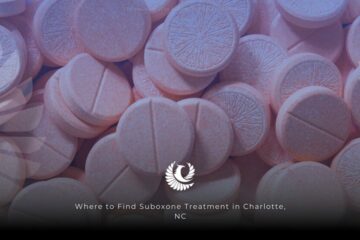Millions of people in the United States live with substance abuse or addiction. People may struggle with prescription drug abuse or become addicted to illicit drugs. No matter the substance involved, addiction can take a toll on every aspect of your life.
People who develop an addiction to drugs or alcohol need comprehensive treatment and continuing support. Receiving care, treatment, and guidance during recovery can lead to better outcomes.
Addiction is a complex condition. If you live with addiction, you must find the right level of care to meet your needs. Understanding the different levels of addiction treatment can help you make the best choice for your recovery journey.
This article will explore two outpatient levels of care: partial hospitalization programs (PHP) and intensive outpatient programs (IOP). You will learn what to expect from these levels of care and how to find treatment.
Contact the Ascend Recovery Center staff now to explore your treatment options. Our intake specialists will verify your insurance, answer questions, and help you schedule an appointment as quickly as possible.
What to Expect in an Intensive Outpatient Program (IOP)
An intensive outpatient program (IOP) is an outpatient level of addiction treatment. People may attend an IOP after completing residential treatment or a partial program.
An IOP can meet the needs of people struggling with substance use disorder (SUD). Participants attend treatment sessions several hours per day, three to five days a week.
Your IOP treatment plan may include:
- Individual therapy
- Behavioral therapies, including cognitive behavioral therapy (CBT) and dialectical behavioral therapy (DBT)
- Family therapy
- Group therapy
- Relapse prevention education
- Exercise, acupuncture, yoga, mindfulness, and other holistic therapies
- Aftercare planning
An IOP can help people transition from a higher level of care to the activities of daily life. People in an IOP have access to mental health and medical care. This support allows them to apply what they have learned in rehab in real life with plenty of support.
What to Expect in a Partial Hospitalization Program (PHP)
A partial hospitalization program (PHP) is the most intensive level of outpatient addiction treatment. A team of mental health and medical professionals design PHP programs to mirror the structure and support of a residential program. Participants may spend up to 40 hours per week participating in their treatment program.
PHP participants follow a rigorous schedule of evidence-based treatments, including:
- Individual therapy
- Behavioral therapies, including cognitive behavioral therapy (CBT) and dialectical behavioral therapy (DBT)
- Medication management sessions
- Coping skills practice
- Relapse prevention education
- Family therapy
- Group therapy
- Nutrition support, mindfulness, art therapy, exercise, and other holistic therapies
A PHP can help people transition out of the structured environment of inpatient treatment without jeopardizing their sobriety. People in a PHP have access to medical and mental health support throughout treatment.
What is the Difference Between IOP and PHP?
There are several significant differences between an intensive outpatient program (IOP) and a partial hospitalization program (PHP). A PHP offers a more intensive treatment schedule. Participants may spend up to 40 hours per week in treatment sessions. People follow a similar schedule as those in inpatient treatment but return home at the end of the day.
A PHP is ideal for people who require intensive treatment but do not require inpatient care. It can meet the needs of those requiring specialized mental health or medical care. This level of care may be best for people who:
- Have completed an inpatient treatment program
- Require significant support to prevent relapse
- Do not feel confident that they can avoid relapse
- Have co-occurring mental health conditions
- Have not been able to maintain sobriety in lower levels of care
The schedule of a PHP can make it difficult for people to continue working during treatment. However, people who require intensive treatment can find the care they need in this type of program while remaining close to their support networks.
An intensive outpatient program (IOP) provides intensive treatment. People in an IOP may spend up to 25 hours per week in treatment sessions. An IOP may be best for people who:
- Are not experiencing acute withdrawal symptoms
- Do not have intense or persistent cravings
- Do not require round-the-clock supervision
- Are medically stable
- Do not have co-occurring mental health disorders requiring significant treatment
An IOP requires a smaller time commitment than inpatient care or a PHP. IOP Participants may be able to continue working or attending school in some capacity.
PHP or IOP: Which Program is Right For Me?
Before starting treatment, a doctor or addiction specialist will assess your needs. They will recommend a level of care that can help you overcome your addiction and move forward.
The assessment will consist of:
- Questions about your current and past substance abuse
- A mental health and medical history
- A family history of substance abuse or addiction treatment
- A physical examination
- Lab testing
This assessment will allow your treatment team to design a tailored treatment plan to meet your unique needs during recovery.
Find Help Now
If you or someone you love lives with substance abuse, you are not alone. Contact the Ascend Recovery Center specialists to explore your treatment options or schedule an intake appointment.








